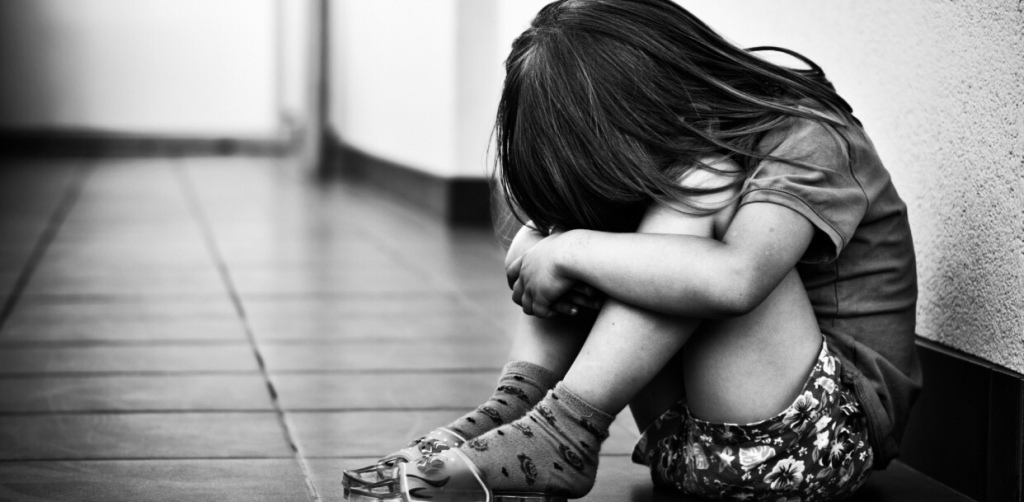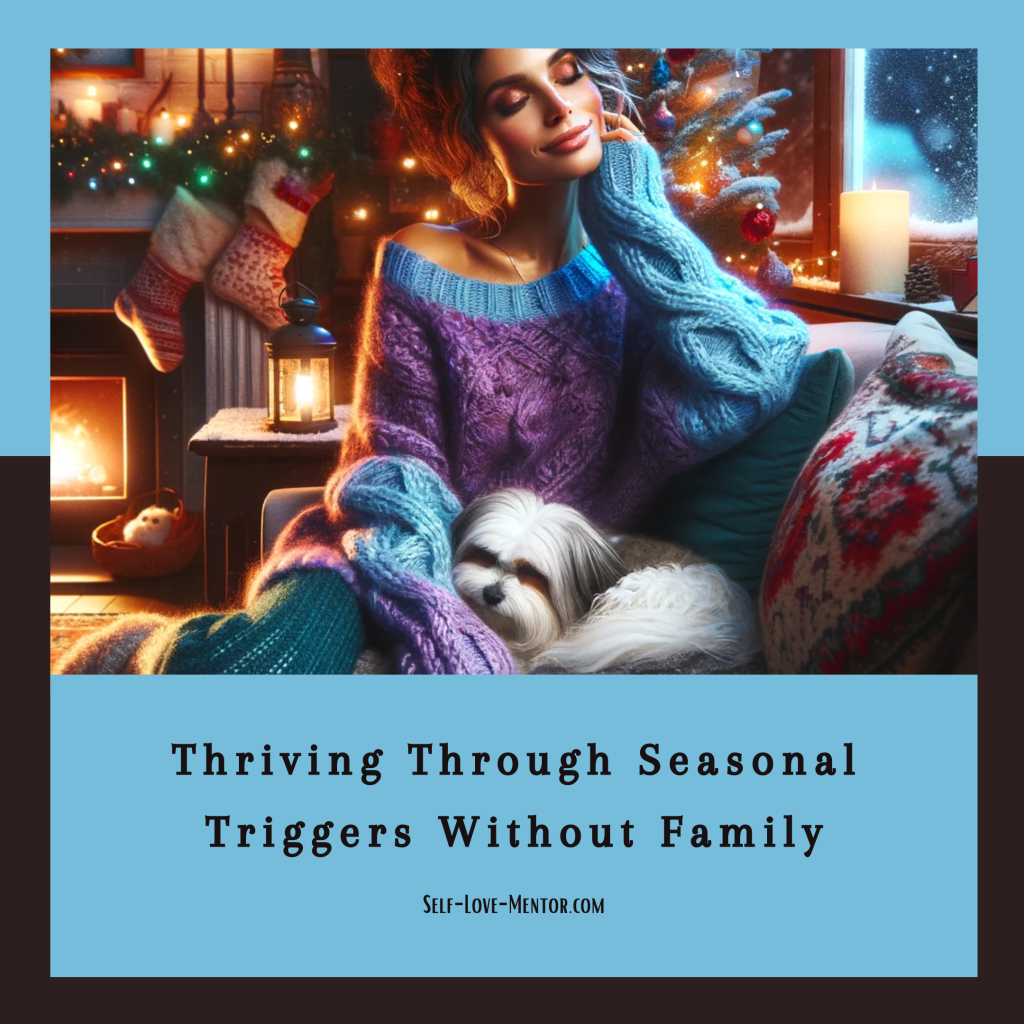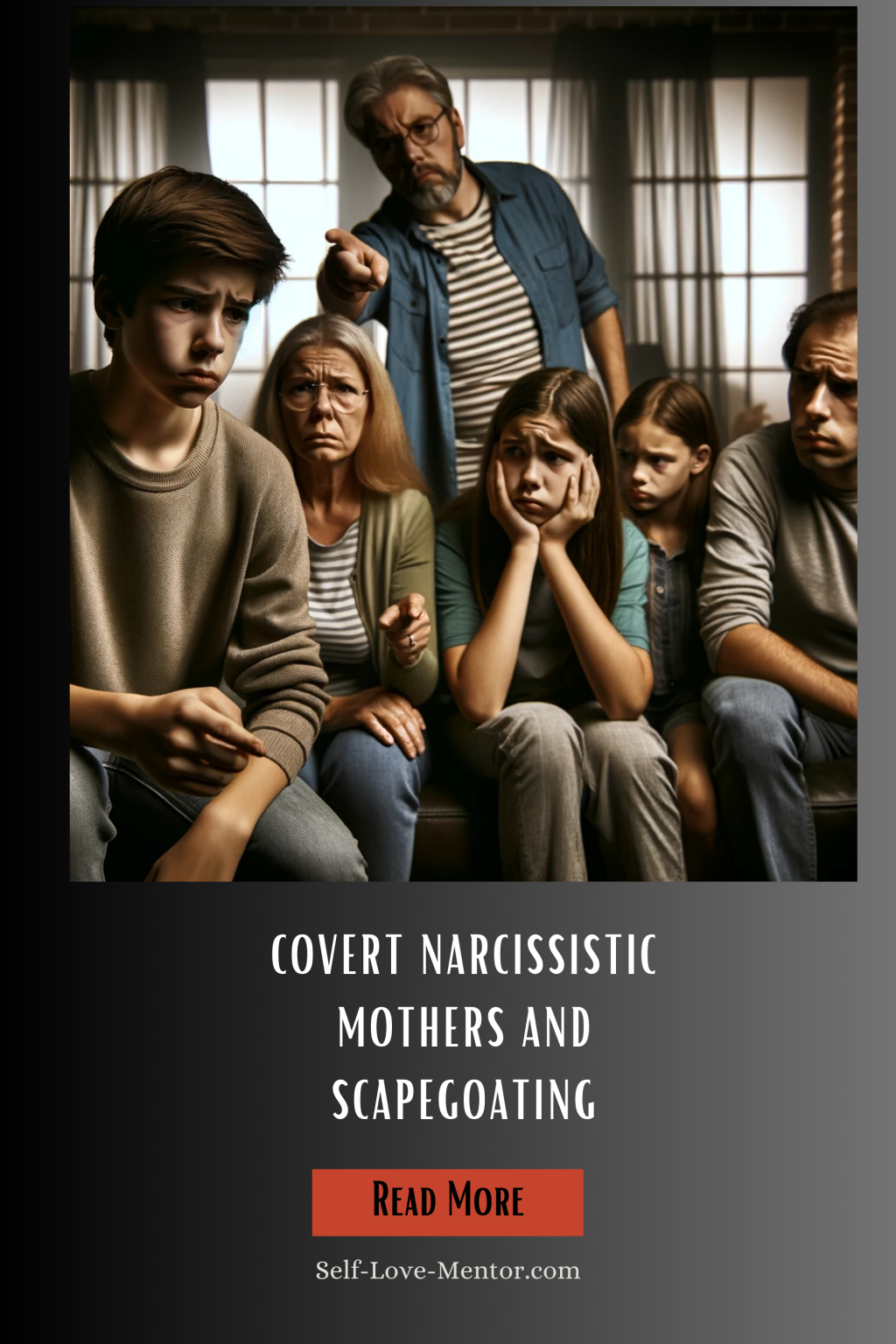
Being the Scapegoat in a Narcissistic family is a brutal way to grow up. You are always blamed for everything that goes wrong in the house. You will always be the fall guy. What makes it worse, is that you will more than likely have no one in your corner. If you are dealing with a covert Narcissistic parent, The Narcissistic parent will isolate you from your siblings & extended family members. Sometimes the Narcissistic parent will have the other siblings/enablers inflict abuse on you, and/or fail to protect you when you are being abused by other family members. This is called abuse by proxy. Then when you react with anger & frustration, the parent will turn around & say you are the crazy one. This will make it hard for you to turn to anyone for support. Making you suppress your feelings & become depressed. Here are some of the long-lasting effects of being the scapegoat in a Narcissistic family.
Feeling Unwanted & Unlovable
Being the Scapegoat in a Narcissistic family will make you feel like you are unwanted & unlovable. This is because no one is treating you with the love & respect you deserve. The first place a child will find love is in the home. And if you are not being loved in the home, this will cause a major problem as an adult. You might find that it’s hard to maintain a relationship with anyone because you think they do not care about you. You may also think that everyone cannot provide the love you desire to have.
Lack Of Trust
It will be hard for you to trust anyone you build a relationship with. This is because you never had anyone you could rely on. You never had anyone you can trust with your secrets & feelings. This may cause you to push people away. You may feel that everyone is out to get out or, they do not have your best interest at heart.
Low Self-Esteem
More than likely, you will have low self-esteem. This comes from always being picked on & feeling invalidated. You will have trouble seeing your true sense of self & knowing your worth. You will think that you will never become good enough because you were never told how good you are.
People Pleaser
It isn’t uncommon for a scapegoat of a narcissist family to become a people pleaser & not even know it. A people pleaser is someone who is always there for someone in their time of need. They can never say no. This may lead for people to walk all over you. It will also open the door for more pain & abuse. You may become a people pleaser because you desire to be liked so much, to the point that you will do anything to help someone, in hopes they will like you in return.
PTSD
Yes, Post Traumatic Stress Disorder. This might be hard for you to come to terms with this one. War vets are not the only ones who devolp PTSD. Post Traumatic Stress Disorder means that you have experienced a traumatic & stressful event in your life. This comes from months & years being the Scapegoat & being in a stressing & unhealthy environment. All the years your family has been tormenting you physically, verbally, and emotionally will put a toll on you. This will cause you to become on edge. You might not even know you have PTSD until you seek help.
Click this link to check out Self-Love Body Care Products Proven to Reduce Anxiety.
Dear reader, Do not let this define who you are. Know your worth. You are loveable & you are wanted. Do not feel like you will be stuck in this situation forever. If you have to, go no contact from your Narcissistic family. I know that might sound harsh, but you have to do what needs to be done, in order to survive. Surround yourself with beautiful kind & loving individuals. Practice self-love & self-care. In the end, you will feel free & feel better about yourself.
Sincerely, Danielle Nicole. ♥️






Leave a comment